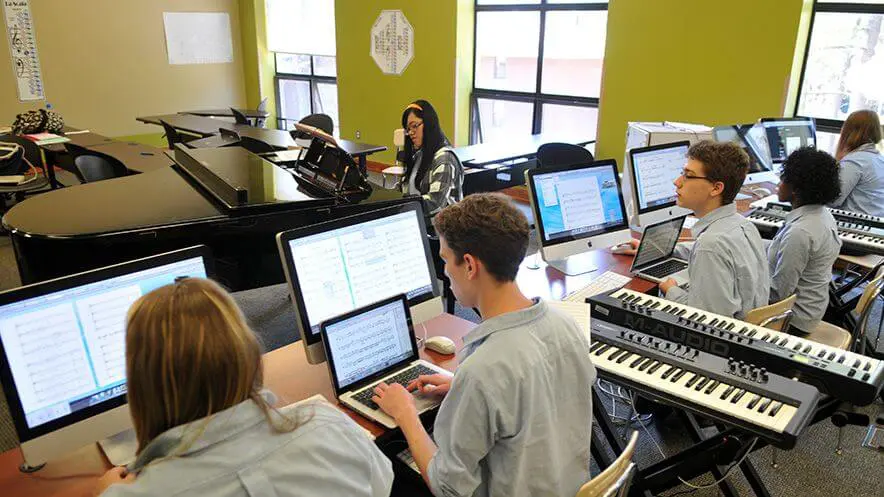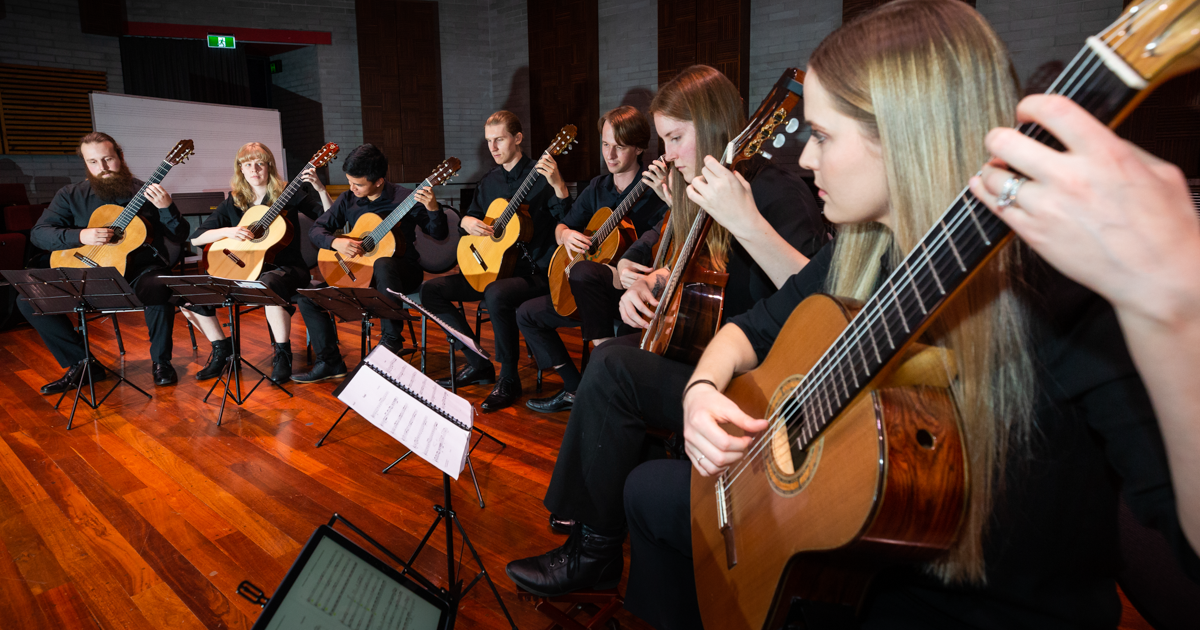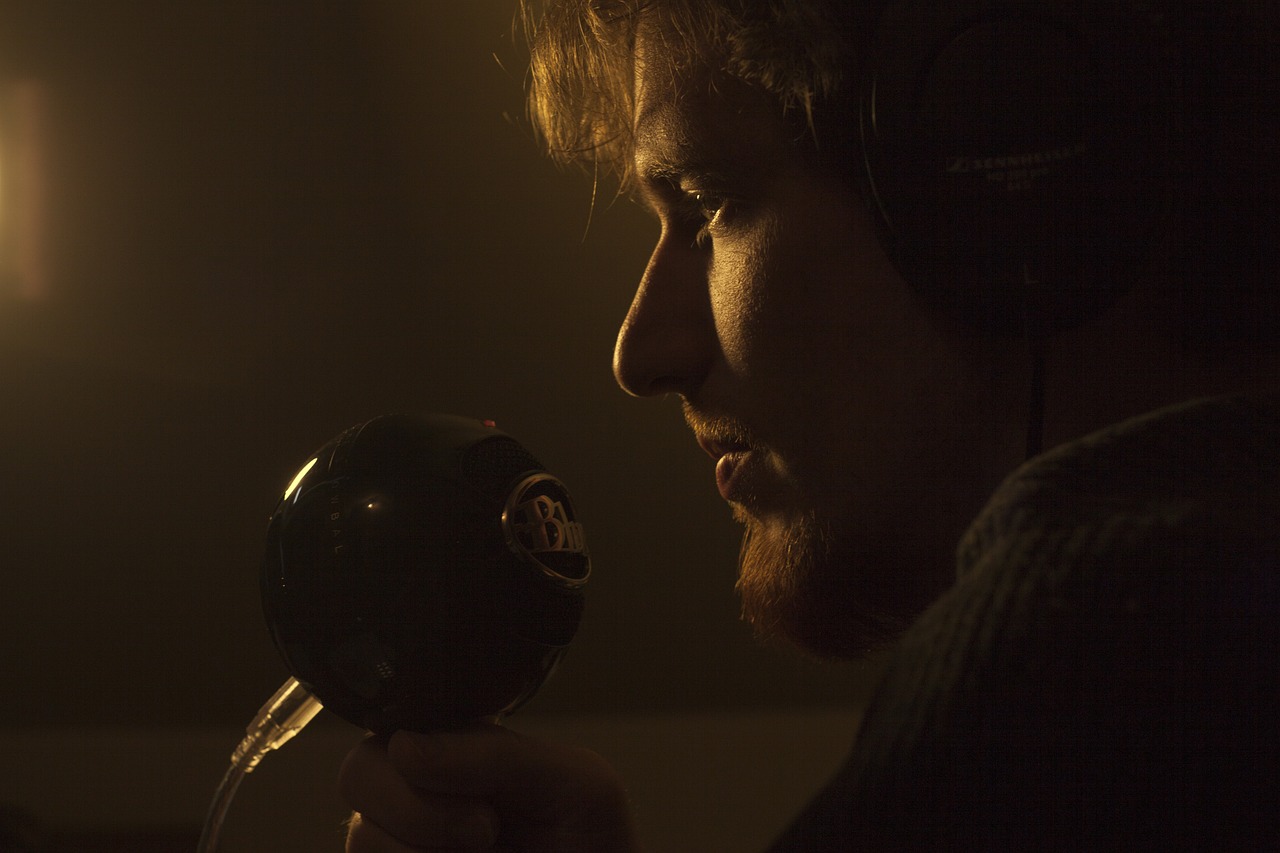Music Schools
Best Music Schools in Florida | Cost, Requirement & How To Apply
There are many schools in Florida that offer undergraduate and graduate music programs. Most programs support a range of degree options in specialty areas, including performance, theory, composition, and music education.
Many music schools in Florida also offer degrees and courses in music therapy, electronic music, music production, and ethnomusicology.
The degrees you can earn include Bachelor of Arts in Music, Bachelor of Music, Master of Music, Doctor of Music, and Doctor of Music in Composition.
Are There Music Schools In Florida?
In Florida, college students can earn an associate’s degree, a bachelor’s degree, a master’s degree, or a doctorate in music. Diploma programs for minors and specialized graduate certificates are also available.
Some programs prepare graduates for teaching and performing careers, while others are designed to allow students to study music alongside other studies. Students can also focus on music history and literature, music theory, music therapy, music business, or commercial music.
Music majors can gain hands-on skills by participating in recording studios and music labs on campus or by joining performance ensembles.
ALSO CHECK: Best Music Schools in Orlando | Cost, Requirement & How To Apply
How Much Do Music Schools Cost In Florida?
Florida resident students pay significantly lower tuition at public colleges and universities than out-of-state students. The average annual tuition fee at a Florida public university is $6,071 for full-time students. Tuition at public colleges is about two-thirds of the cost of public universities.
The Free Application for Federal Student Aid (FAFSA) is the first step in applying for federal and state financial aid. You will also need to complete the Florida Financial Aid Application.
FAFSA4caster is an online tool offered by the US Department of Education that can help you understand your options for paying for college.
Bright Futures Scholarships are awarded on the basis of academic achievement to recent Florida high school graduates pursuing a bachelor’s degree at a public college or university in the state.
The size of the scholarship depends on GPA, scores on college entrance exams, hours worked, and other factors.
ALSO CHECK: Best Music Schools in Georgia | Cost, Requirements, How to Apply
What Are The Requirements For Music Schools In Florida?
Students applying to graduate school to become a musicologist typically require exam scores and may need a portfolio of work along with letters of recommendation and a strong personal essay.
Interested candidates will receive interview requests. They visit the school to meet with faculty and students, conduct interviews, and discuss planned research topics.
It is important to show how the research is unique and will contribute to the field, and to demonstrate adequate preparation for graduate-level coursework, which can be challenging.
Requirements for Florida music schools include:
- Audition
- Pre-screening recording
- Resume
- College essay
- Recommendation letters
- Interview
ALSO CHECK: 10 Best Music Schools in Berlin | Cost, Requirements, How to Apply
What Are The Best Music Schools In Florida?
University of Tampa
The University of Tampa offers a Bachelor of Arts in Music program that combines many different topics related to music and music making, such as music theory, performance, history, recording, and electronic music.
You will have the opportunity to perform with several instrumental and vocal ensembles, covering areas such as chamber music, jazz big band and opera. Upon graduation, you will be ready to enter graduate school in music or pursue a career in music production and recording.
Valencia College
Valencia College in Orlando offers several 2-year arts and entertainment programs, including two music programs. The Music Performance pre-major is designed to help students transfer to 4-year universities.
Music students have the opportunity to perform solo or in an ensemble and conduct. Students interested in music production can enroll in the Music and Sound Technology program.
This program offers a specialization in Music Performance/Sound and Sound Technology and is designed for individuals interested in working in sound design, post-production, recording and related fields.
Students have the opportunity to collaborate with the college’s student recording company.
University of Miami
The Frost School of Music maintains a range of educational and professional facilities, including a concert hall, a music library, an electronic music laboratory and dedicated studios dedicated to different types of instruments.
In a Bachelor of Music program, the requirements will depend on your area of concentration. For example, students in the major are expected to perform in public and play with student ensembles, while other majors may focus on music theory and composition.
You can choose a Bachelor of Arts program if you want to pursue a broader liberal arts education. A Bachelor of Science in Music Engineering may be suitable if you want to focus on the technical aspects of recording and production.
Florida International University
Florida International University Miami offers a variety of bachelor’s and master’s degree programs in music, including music technology, music history, music education, and music theory, as well as performance programs in choral, jazz, keyboard, brass, and orchestral strings.
The keyboard program teaches students to play the piano, organ, and Wertheim organ. While pursuing a Bachelor of Music Education degree, students maintain electronic portfolios and participate in music education labs.
The Master of Arts in Music Education degree can be earned on campus or online and includes a directed research project.
Florida State University
Florida State University has one of the largest music programs in the United States and has a world-class faculty with diverse majors.
In addition to a variety of Master of Music programs offering a range of music majors, the university also offers Master of Arts in Music and Master of Music Education programs.
You can take part in popular musical events and immerse yourself in musical culture by attending performances in the concert halls, halls and amphitheater of the music college.
University of South Florida – Main Campus
The School of Music supports many different types of student ensembles, including orchestral, choral, jazz and symphonic ensembles, as well as a series of music festivals and concerts.
The Master of Music Education program is offered in a distance learning format and covers topics in music pedagogy, research, and theory.
As a graduation requirement, you will write and present a research project through a multimedia presentation related to the development of a music program.
If you are interested in other areas of music, the university also offers Master of Music programs in areas that include piano pedagogy, electroacoustic music, conducting, and jazz studies.
Florida State University
In this doctoral program you will develop compositional skills sufficient for a career as a composer or teacher. The College of Music offers a variety of venues and performances and attracts experienced scholars in both theory and composition.
This program requires at least 94 course credits taken beyond the undergraduate level, including coursework in orchestration, music theory, composition, counterpoint, pedagogy, and conducting.
You will also need to undergo special diagnostic examinations and write a dissertation. The college also offers Doctor of Music in Performance and Doctor of Philosophy programs, which allow you to choose from a variety of majors, such as string instruments and musicology.
How Much Do Musicologists In Florida Earn?
The average salary for a musicologist in Florida is $48,222 as of September 26, 2022, but typically ranges from $42,212 to $55,124.
Salary can vary greatly depending on the city and many other important factors, including education, certifications, additional skills, and the number of years you have spent in your profession.
Becoming a music professor requires significant education, but it can be a very rewarding career. You can count on teaching college students how to master an instrument and pursue a career in music.
Other responsibilities include teaching college music-related courses, creating course syllabi and lesson plans, or coordinating college musical performances.
ALSO CHECK: Best Music Schools in New Orleans | Cost, Requirements, How to Apply
How Do I Become A Musicologist In Florida?
The first step for those who want to become a musicologist is a bachelor’s degree in music. Some schools offer musicology, music history, music theory, and related degrees. This degree lays the foundation for graduate studies.
Undergraduate students should plan to study musical instruments and may want to pursue internships and research opportunities that they can apply to graduate school.
ALSO CHECK: Best Music Schools in Pennsylvania | Cost, Requirements, How to Apply
What Are The Best Paying Musicology Jobs in Florida?
In recent years, musicologists have found a number of new opportunities and applications for their knowledge, such as offering their services as expert witnesses in copyright infringement lawsuits.
They can even work for organizations that create audio recognition software and music recommendation programs.
Musicologists can also advise music publishing and licensing companies on original music licensing, sample analysis, copyright valuation and originality verification.
They can also advise directors, music directors and advertisers on the historical and stylistic accuracy of music in television, film and advertising.
Competition for jobs in academia is high, so in addition to the appropriate degrees and credentials, musicologists need to know how to market themselves in order to stand out from the crowd of applicants for teaching positions at colleges, universities, and conservatories.
In addition, musicologists can seek employment in music libraries, archives, arts organizations, art journals, and music technology groups.
Music Schools In Florida FAQs
A master’s degree can be completed in 1-2 years, while a doctoral program can be completed in four years. As part of your performance-related studies, you can participate in concerts and performances by student ensembles.
Students need at least a bachelor’s degree to become a musicologist, and many musicology jobs require a master’s degree. Additionally, most musicology jobs require applicants to have one to three years of relevant experience, which can be gained through internships and/or entry-level positions. Generally, students need at least five years, and possibly as many as ten years, to qualify to work independently as musicologists.
Music therapy is becoming more and more popular in florida. Music therapists use sound to improve the mental state of others. Many people find music to be a therapeutic tool that calms the mind and helps them cope with difficult situations.
Conclusion
When choosing a school, you can benefit from learning about the different areas of faculty expertise as well as the types of facilities associated with the music department.
For example, if you are interested in learning to play the piano, you can look for programs that offer access to piano studios and experienced piano teachers, as well as performance options.
If you are interested in a particular type of music literature, such as modern or medieval music, you may benefit from finding teachers who share your interests.
References
learn.org – Which Florida Schools Offer Music Programs?
EDITOR’S RECOMMENDATION






